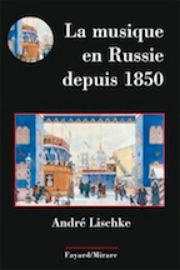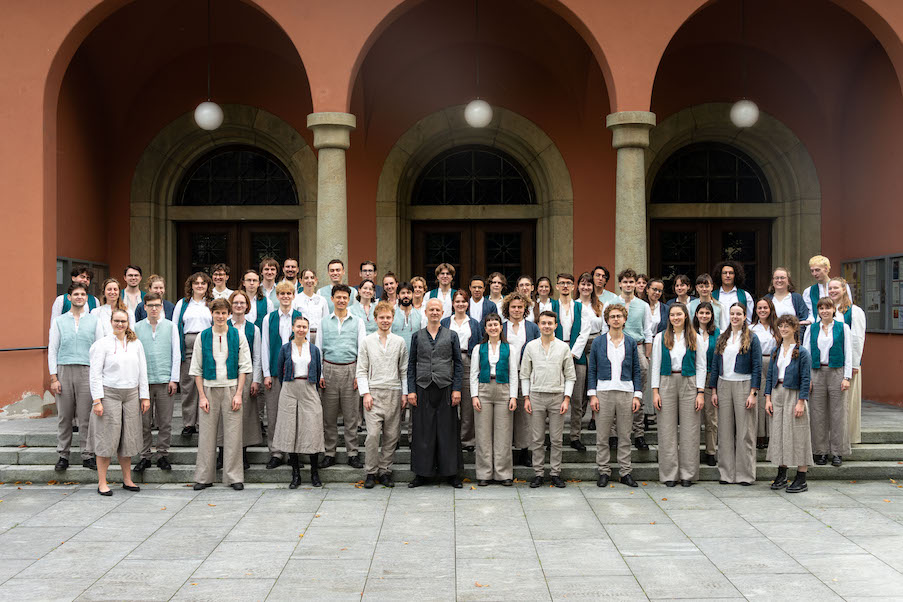Music in Russia since 1850
Maximum information and ideas concentrated in a pocket-sized book.

In this pocket-sized work, the 150 most glorious years of Russian music are summarized by André Lischke, author of several books on the subject. In an empire of changing geography, from the conquests of the mid-19th century to the break-up of the USSR, the choice of whether or not to include a musician from an annexed country remains a delicate one. Hence, perhaps, the decision not to include names such as Tubin or Kantcheli. The same caution applies to contemporary artists: no composer born after the Second World War is mentioned. But, as Lischke himself points out, there isn't enough room for completeness - nor is there any obligation to do so. Overall, the challenge of packing as much information and ideas as possible into a small format is a success. After a brief retrospective of musical life from the 16th century to Glinka, Sérov and Dargomyjski, including the predominance of Italian music in the 18th century, the book is divided into two parts, one focusing on the period from 1850 to the visionary Scriabin and the post-Romantics Rachmaninov and Medtner, the other beginning with Stravinsky and Prokofiev and ending with the generation of composers born in the 1930s. Fortunately, the author does not content himself with detailing the lives and principal works of the most important composers of this period, from Anton Rubinstein to Boris Tichtchenko; he also discusses the importance of folklore, orientalist inspirations and different musical forms, and devotes two substantial chapters to Orthodox church chant and Diaghilev's Ballets Russes. He also deciphers the relationships between the members of the Group of Five, then between the Moscow and St. Petersburg schools, as well as the composers' relations with Soviet power, where some proved enthusiastic, others careerists, others played a double game thanks to the multiple meanings of music, and others emigrated either to Europe or the United States, or went into internal exile. Lischke's book concludes with the observation that, even today, for economic reasons, exile remains the path taken by many Russian creators.
André Lischke, Music in Russia since 1850, € 14,20 Fayard, Paris 2012, ISBN 978-2-213-66641-9









